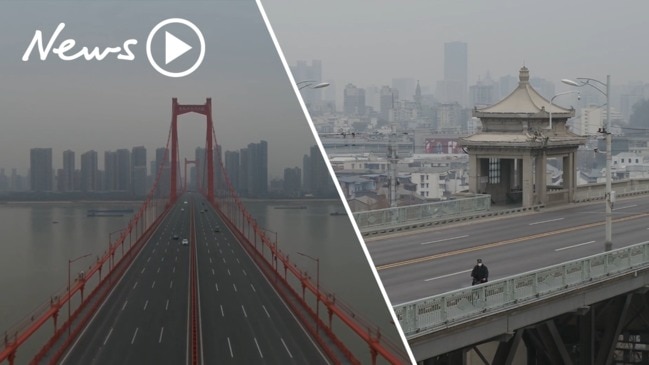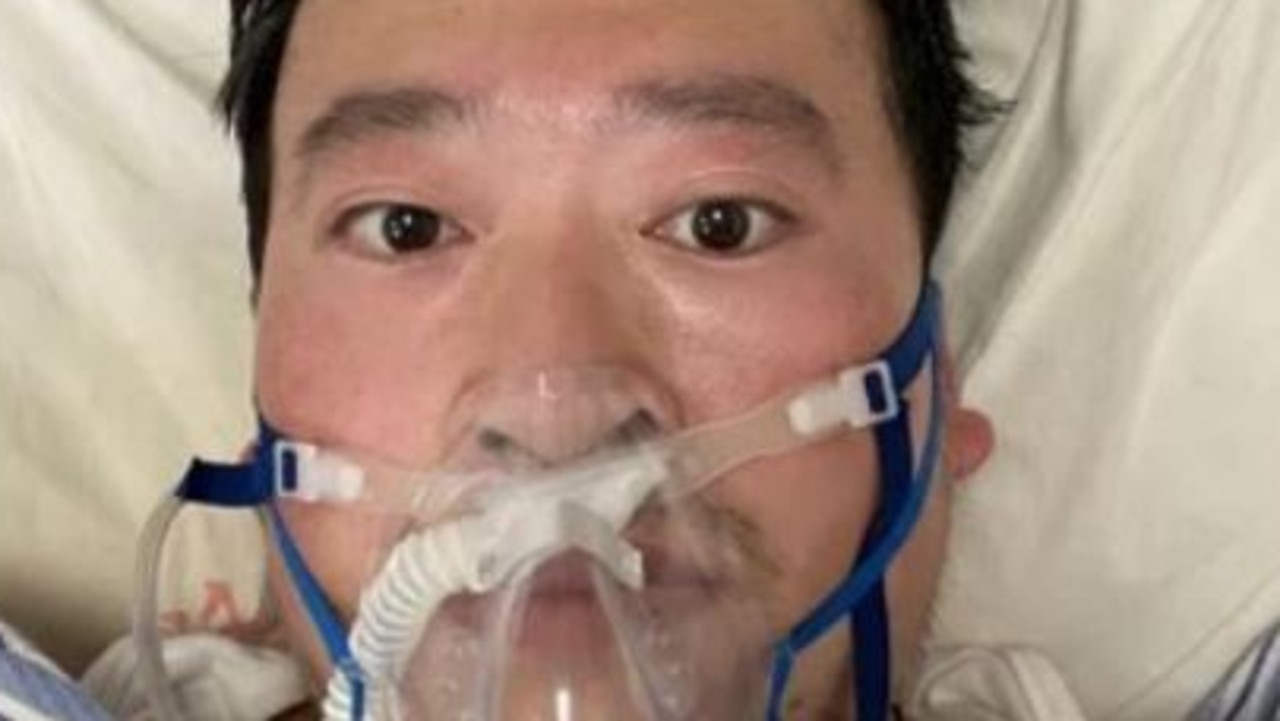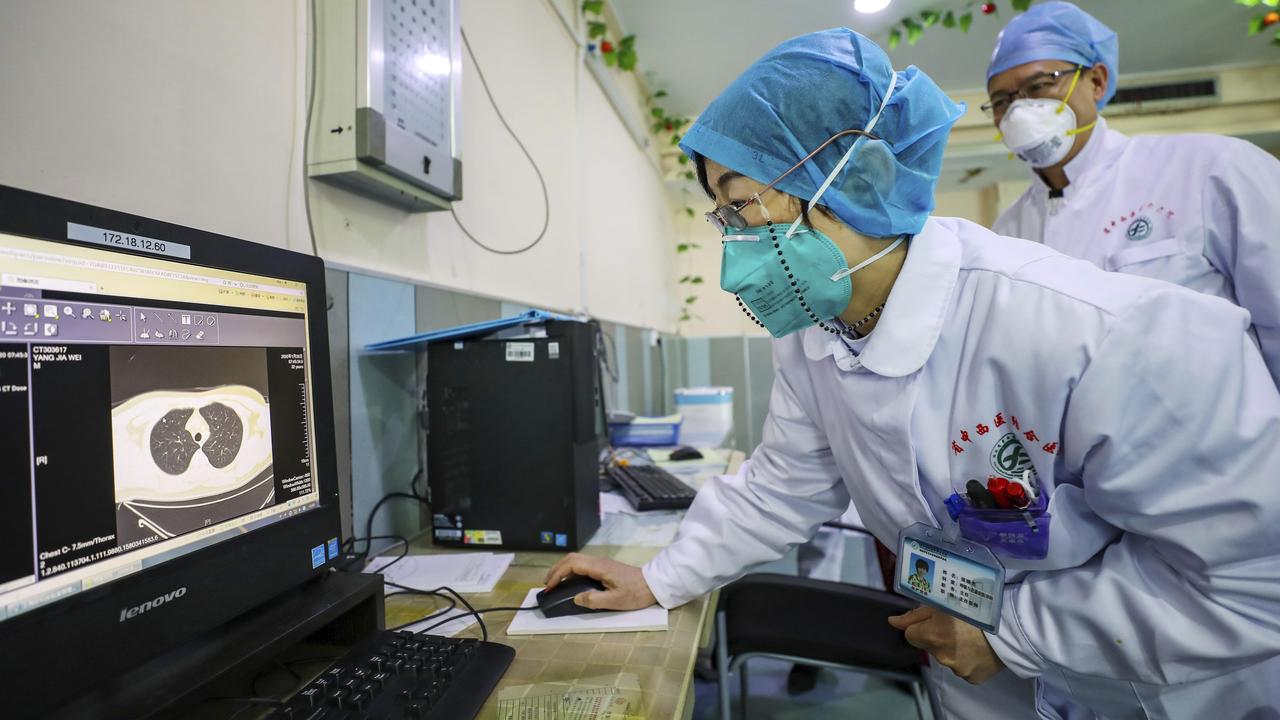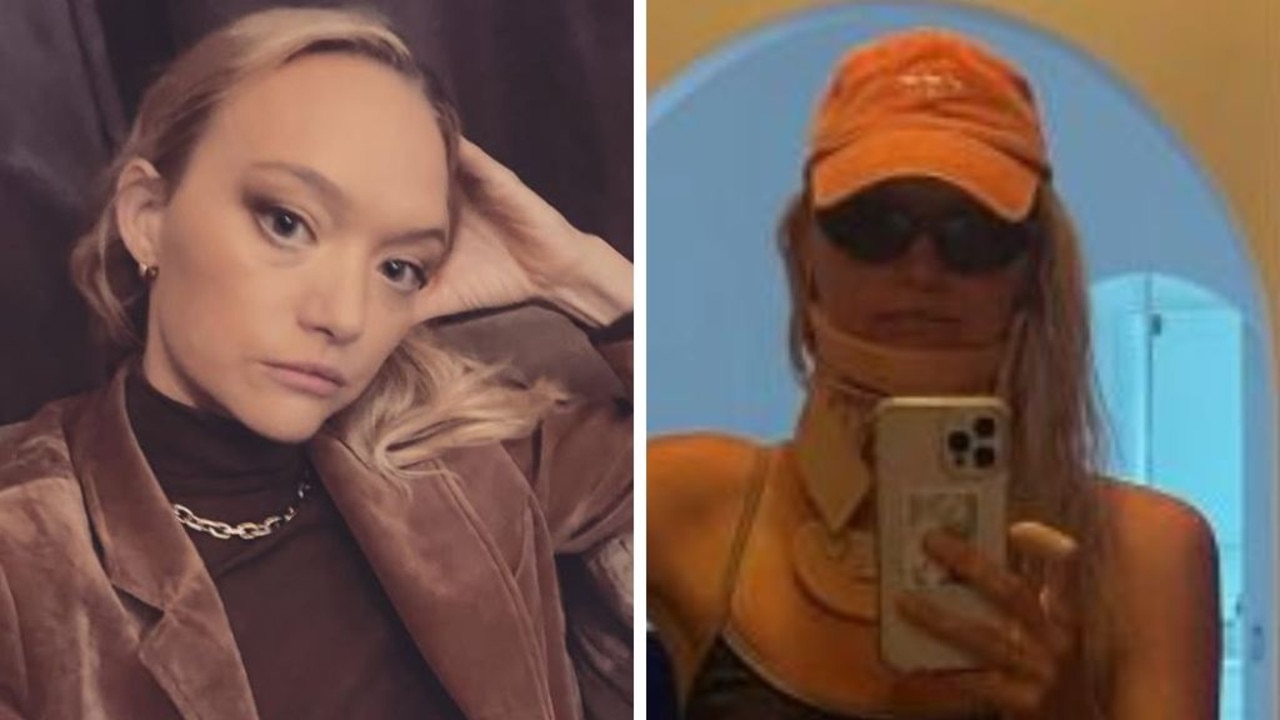Li Wenliang: Chinese hospital denies doctor who first warned about coronavirus died
A Chinese doctor who tried to raise the alarm about the coronavirus has died, Chinese state media has confirmed.

A Chinese doctor who tried to raise the alarm about the coronavirus has died, Chinese state media has confirmed.
Dr Li Wenliang, 34, was declared dead at 2.58am local time on Friday morning following “emergency treatment” at a Wuhan hospital, according to the Communist party-controlled Global Times newspaper.
The newspaper described him as “one of the eight ‘whistleblowers’ who tried to warn other medics of the coronavirus outbreak but were reprimanded by local police”.
Chinese doctor #LiWenliang, one of the eight "whistleblowers" who tried to warn other medics of the coronavirus outbreak but were reprimanded by local police, died from #coronavirus at 2:58 am Friday, the hospital where he received treatment announced. https://t.co/eCrNha7Nn1 pic.twitter.com/WYwDxZFBej
— Global Times (@globaltimesnews) February 6, 2020
“We profoundly regret and mourn this death,” the Wuhan City central hospital said in a brief statement.
Earlier, the hospital was denying reports that the 34-year-old had died, prompting widespread speculation.
Multiple Chinese media outlets stated Dr Li, who worked as an ophthalmologist at the Wuhan Central Hospital, died after contracting the novel 2019-nCoV virus. Those reports were later deleted.
The World Health Organisation also tweeted: “We are deeply saddened by the passing of Dr Li Wenliang. We all need to celebrate work that he did” on the virus.
Michael Ryan, director of the WHO health emergencies programme, also paid tribute to the doctor during a briefing on Thursday.
“We are very sorry to hear the loss of any frontline worker who is committed to care for patients … we should celebrate his life and mourn his death with his colleagues,” he said.
But the hospital where Dr Wenliang worked said in a conflicting post on social media that he was still in a “critical condition”.
“In the fight against the epidemic of the new coronavirus pneumonia, Li Wenliang, an ophthalmologist of our hospital, was unfortunately infected.
“He is currently in critical condition and we are trying our best to rescue him,” it said on its official Weibo account just after midnight.

The illness had struck just seven people at a hospital in late December when Dr Wenliang sent a text message in a group chat that said: “Quarantined in the emergency department”.
One recipient responded: “So frightening. Is SARS coming again?”
In the middle of the night, officials from Wuhan then arrested him and demanded to know why he shared the message, according to The New York Times.
Three days later, he was made to sign a statement admitting that his text constituted “illegal behaviour”.
RELATED: Doctors reprimanded by authorities over text message
On December 31, Dr Li’s message was shared outside the online group leading police to question eight people — all doctors — for spreading “rumours” about the virus.
Shortly after, the state-run Xinhua news agency issued a warning to the public: “The police call on all netizens to not fabricate rumours, not spread rumours, not believe rumours”.
That same day, Wuhan officials announced that 27 people were suffering from a mysterious pneumonia, but said there was no reason to be alarmed.

The virus has now infected more than 28000 people globally and 563 people have died.
Fifteen cases have been confirmed in Australia, including five people in Queensland, four in New South Wales, four in Victoria and two in South Australia.
“We’re very sad to hear of the loss of Dr Li Wenliang,” Mike Ryan, the executive director of the World Health Organisation’s (WHO) health emergencies program, said in a press conference early on Friday morning.
“We’re very sorry to hear of the loss of any frontline worker who’s attempted to care for patients.
“We ourselves have lost our friends in the frontline, so we should celebrate his life and mourn his death with his colleagues.”
Dr Li posted his story on the Chinese social media site Weibo after contracting the virus.
In one post he wrote: “I have seen a lot of support and encouragement for me online, which has really helped my emotional state. Thank you everyone”.
There is now a growing wave of anger in China over how authorities first handled the outbreak.
Earlier this month, Wuhan mayor Zhou Xianwang explained he was unable to disclose the severity of the outbreak without first receiving approval from Beijing.
“I hope everyone can understand why there wasn’t timely disclosure,” he said. “After I received information, I needed authorisation before making it public.”
– With wires



